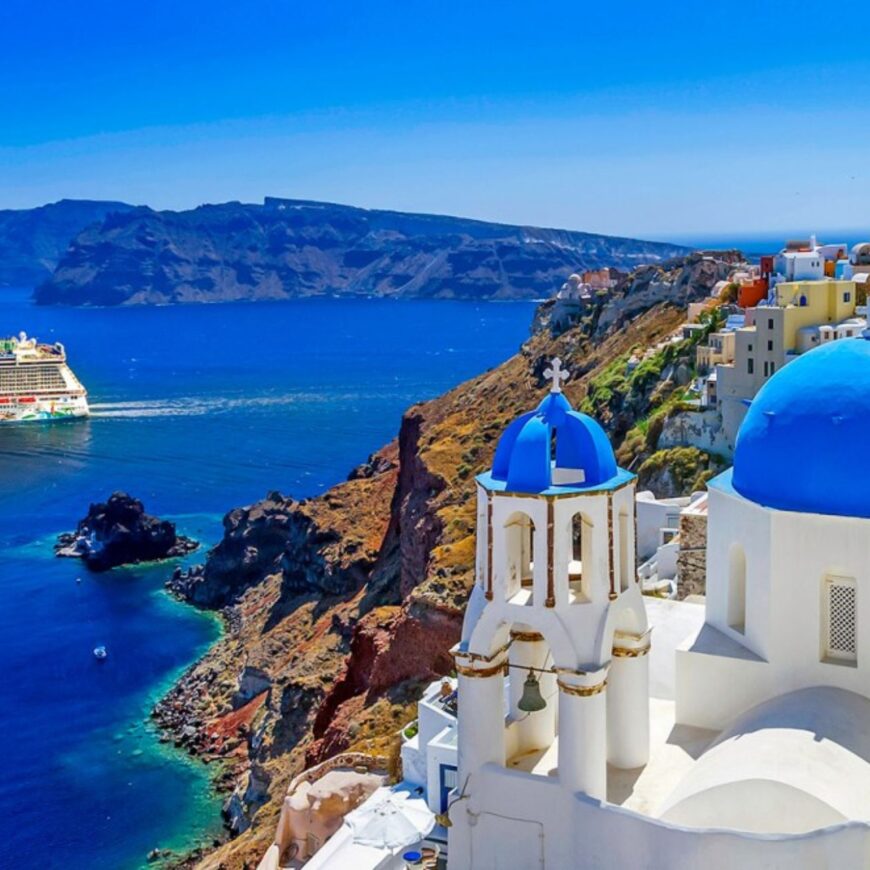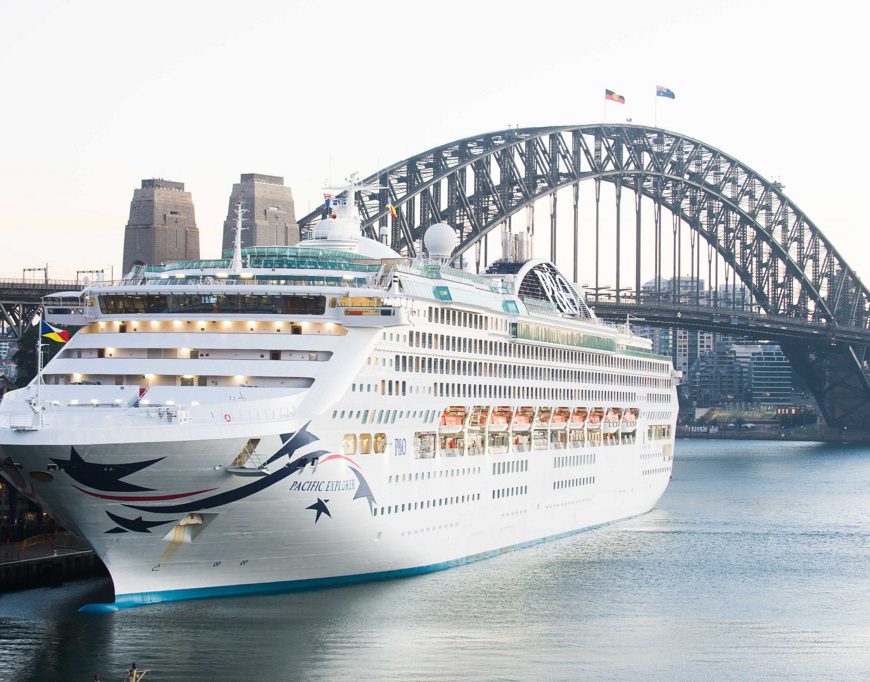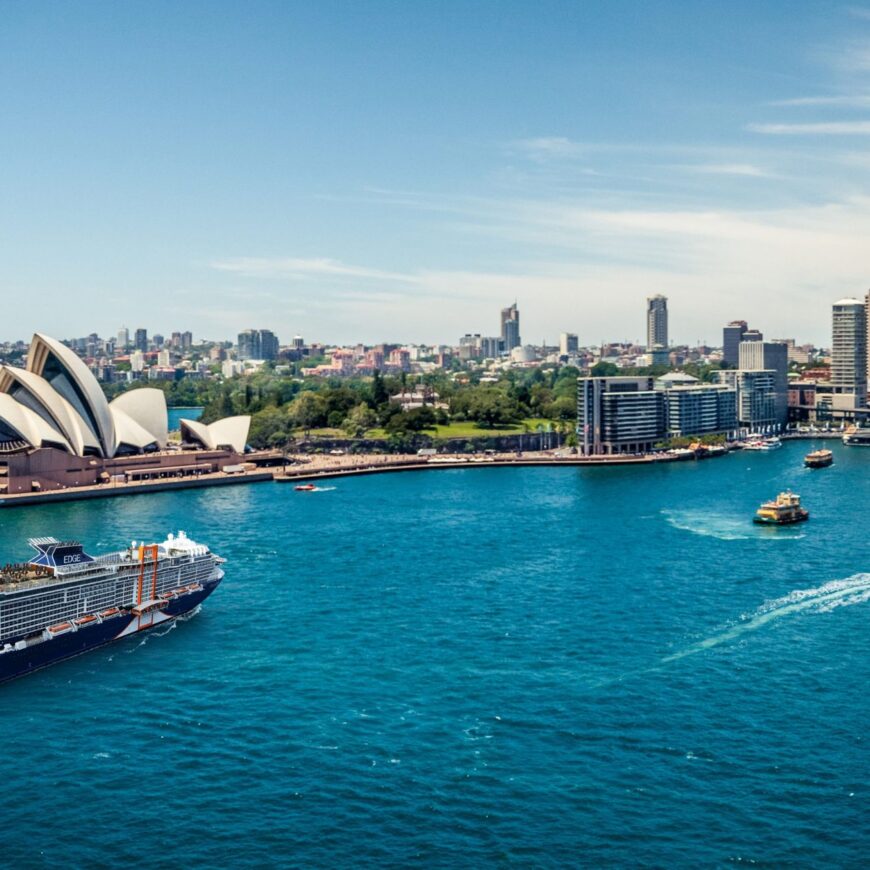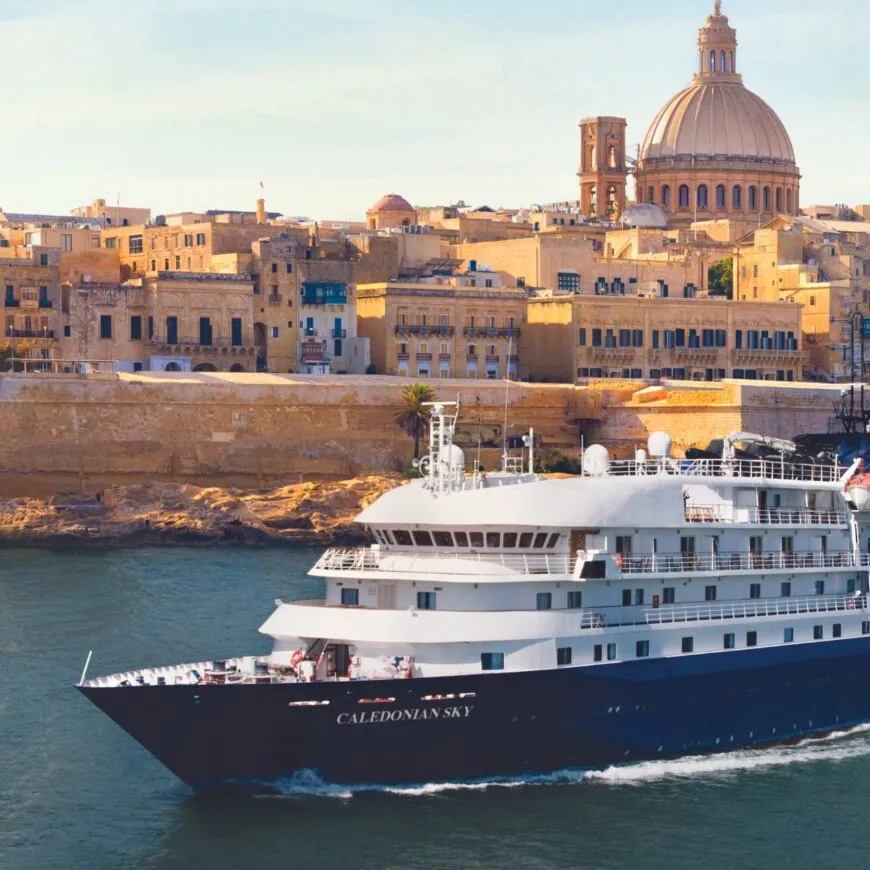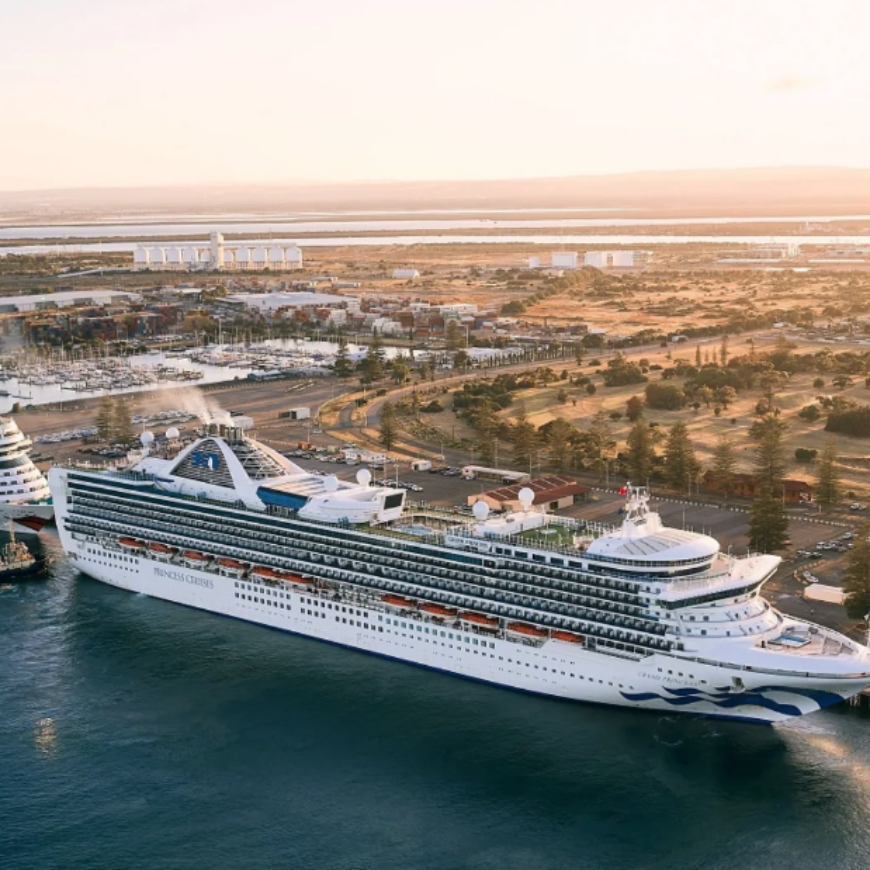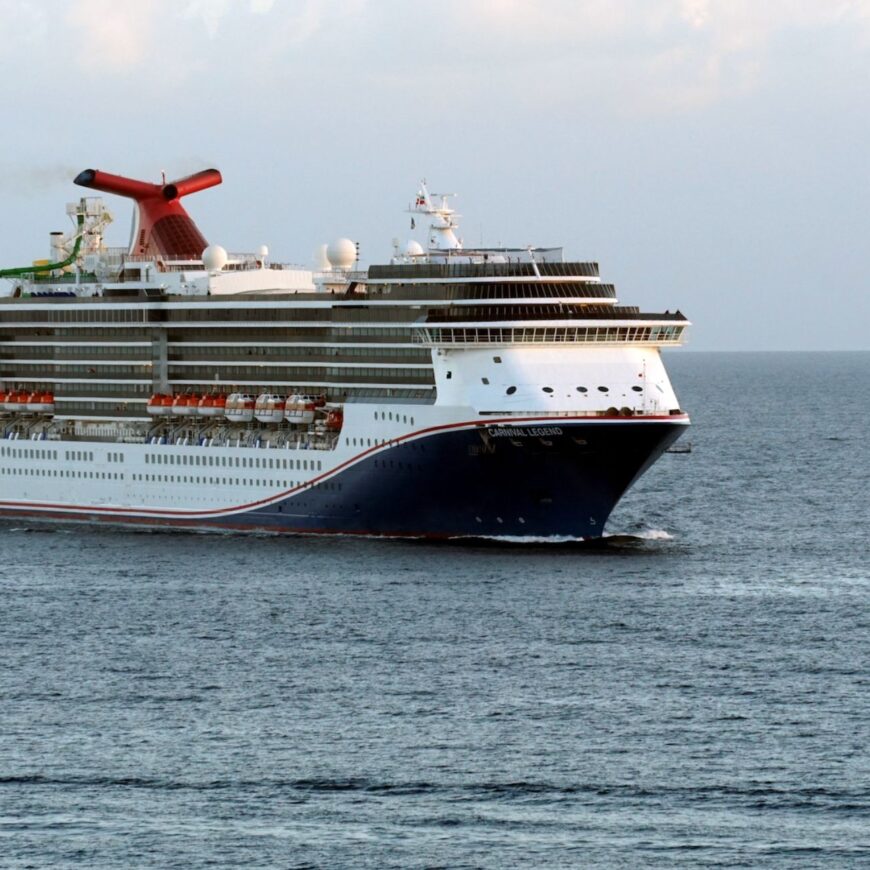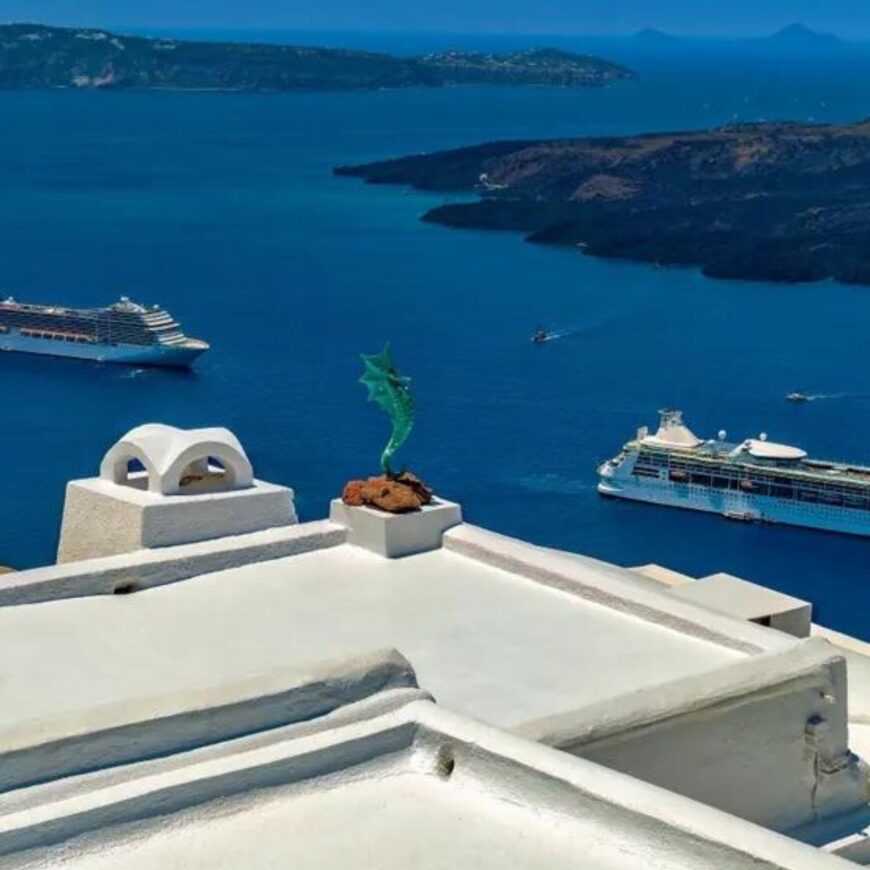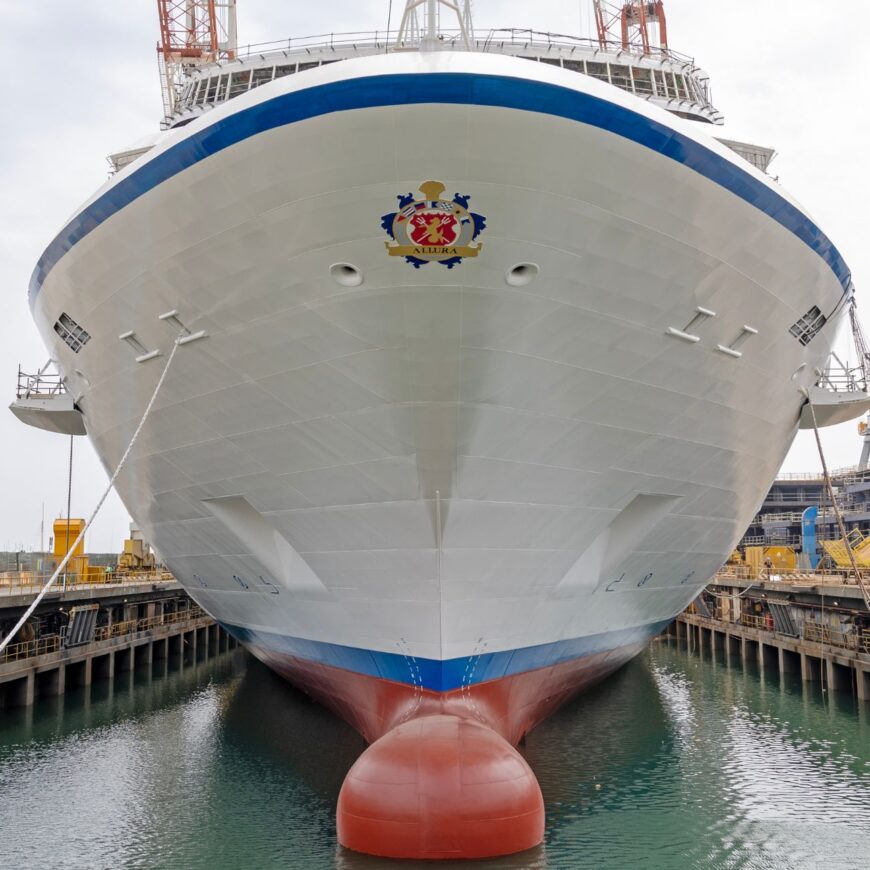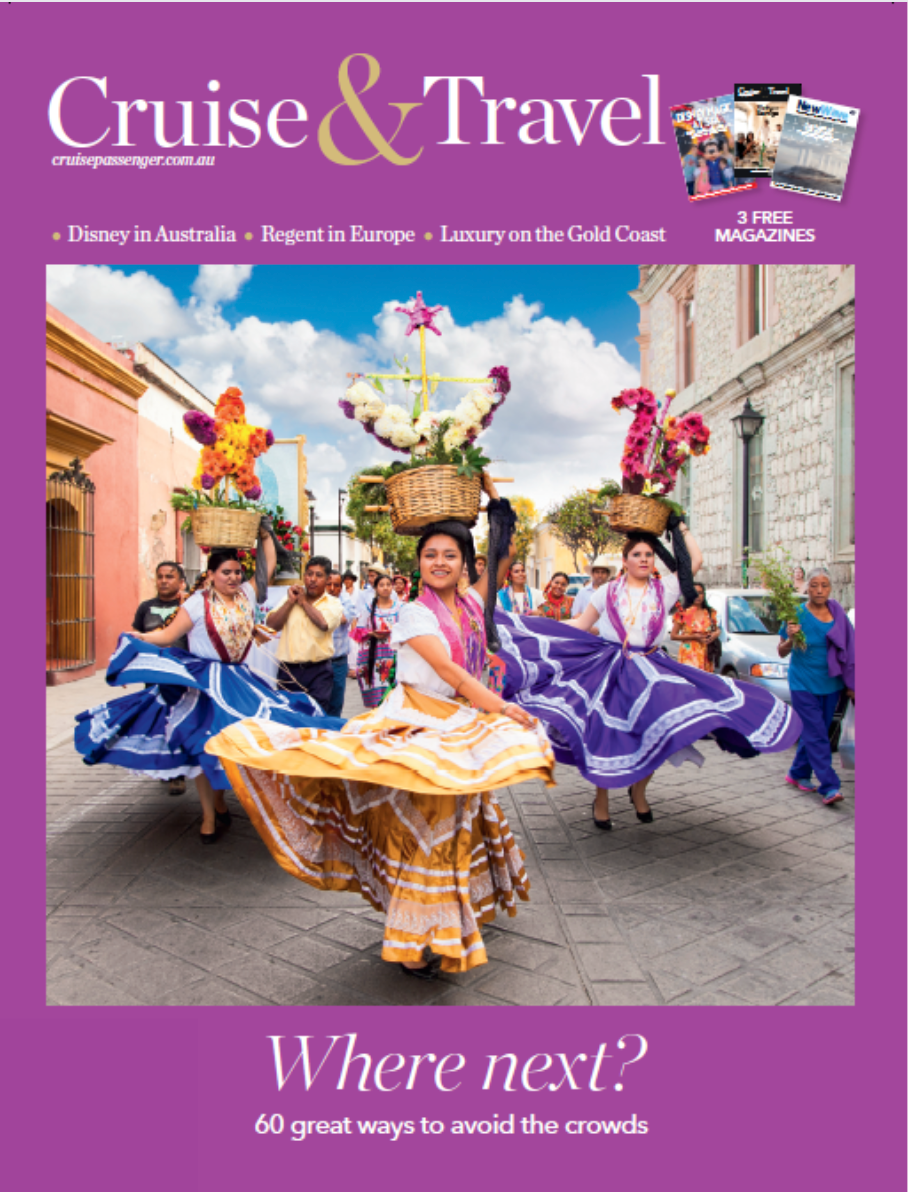A bold bid has been put forward to extend the Coastal Trading Act which allows international cruise ships to call at Australian ports to help expand the local cruise industry.
The current exemption is under review and the end date is December 31, 2024.
The Executive Director of Business Sydney, Paul Nicolaou said the Federal Government needed to renew the exemption, so cruise lines can plan their upcoming season.
Carnival Corporation and the Cruise Lines International Association are part of Business Sydney, which has lobbied heavily to support Australia’s cruise industry.
“The exemption has been instrumental in supporting the cruise sector’s expansion over the past 20 years,” said Business Sydney’s Paul Nicolaou.
“It has allowed international cruise lines to operate within Australian waters and to contribute significantly to tourism, job creation, and regional development in ports such as Eden on the NSW South Coast.”
Earlier this week, there were fresh calls to develop Bateman’s Bay as a new cruise destination, to offer the local market a greater diversity of itineraries.
Cruise Passenger also reported that Australians are forced to cruise overseas.
“Our Australian cruise market could benefit from bigger, better, brighter, and more diverse itineraries. Our standard ones are getting old and overdone. If you have cruised more than once in Australia, you have likely done the only offered itineraries here.
“Different itineraries and destinations could appeal to a broader range of travellers, including those who may not have previously been interested in our traditional cruise offerings.”
It comes as several cruise lines have pulled their ships from Australia, including the absorption of P&O Cruises into their sister brand, Carnival Cruise Lines.
Virgin Voyages earlier this year, also announced it would not return for a second season and Norwegian Cruise Line revealed it would not homeport a ship Down Under.
“There is no doubt in our mind that, in the absence of a timely renewal of the exemption, cruising faces significant regulatory uncertainty that could impact future cruise deployments, port infrastructure planning, and the broader economic benefits associated with cruise tourism,” said Nicolaou.
“This would be bad news for Sydney if this were to happen. Although unrelated to the cruise ship exemption, we have already seen some cruise lines announce that their ships will not return to Australia in 2025. It would be miserable if this retreat from the Australian market became a trend.”
The number of Australians taking holidays at sea has overtaken pre-pandemic levels, rising to 1.25 million in 2023, slightly more than the 1.24 million who sailed in 2019.
According to CLIA’s 2023 Source Market Report, New South Wales remains the biggest source of Australian cruise passengers in 2023, followed by Queensland.
Why do we need Australia’s cruise exemption extended
Australia’s cruise industry generated a record A$5.63 billion for the national economy in its first year of revival, bringing new levels of employment and visitor spending to destinations around the country.
At $2.75 billion, around two-thirds of the $5.63 billion in economic activity nationally happened in NSW, much of it in Sydney, which remains the gateway to Australian cruising due significantly to the ‘Sydney Harbour experience’.
The $5.63 billion in total economic output generated by cruise tourism in Australia during the 2022- 23 financial year was a 22.1% increase over 2018-19.
Cruise tourism supported total employment of 18,225 full-time equivalent positions around Australia, and total wages worth A$1.82 billion to Australian workers.
The largest beneficiary of direct passenger expenditure was the hotel and accommodation sector which received A$457.1 million, or 30.6% of passenger spending.
Other beneficiaries included food & beverage (A$300.1 million, 20.1%), shore excursions (A$194.3 million, 13.0%), transport (A$208.8 million, 14.0%), retail shopping (A$163.1 million, 10.9%) and entertainment (A$57.8 million, 3.9%).



